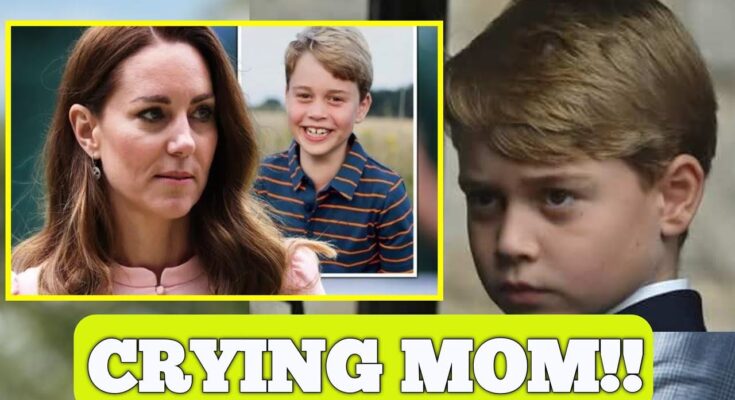The recent video shared by the Princess of Wales about her cancer diagnosis alludes to a dilemma. As a parent, there is a natural urge to spare your children from bad news but there comes a time when keeping the truth from them may cause more harm. The question is when and how to do this best without causing anxiety.
In India, by and large, children are not told about a parent’s life-threatening illness but are left to work it out for themselves. This leaves them confused as they notice changes that they cannot comprehend and sometimes mistakenly think they may have caused. They are unprepared and vulnerable when a parent’s condition worsens and they die. Many carry the burden of regret and unresolved grief throughout their lives.
At CanSupport, we see children struggling to understand why they are being ignored by adults or told to fend for themselves. Little things matter. I recall a young girl telling our home care team how much she hated her mother because she no longer bothered to tie her shoelaces before she went to school. Hate is a strong word but that is how children react. They experience emotions that they find difficult to control and do not always have the words to express them.
This is why so often they start acting up and may regress to behaviours like bed-wetting, crying and becoming more clingy than usual. When hard times come, parents and school authorities must work together to provide school-going children with a safe environment, both at home and at school. Classmates, close family and friends also need to be sensitised. Often, the failure of parents to speak to their children means that they hear the news from second-hand sources that are not necessarily well-informed and may harbour misconceptions — the most common being that cancer is a death sentence. This is another reason children should first hear the news either from a parent or an adult who knows the facts and whom they trust.
Depending on age and circumstance, communication is going to differ. The golden rule is not to overload the child with too much information at any one time but to give it in easily digestible doses. Children are keen observers and even if not told can sense something is wrong. It is important to reassure them that their needs will be taken care of no matter what. Physical gestures like a hug and holding hands, accompanied by simple explanations (but not lies) can go a long way in easing fears. What must be conveyed, more than anything, is that they will always be loved and cared for.



